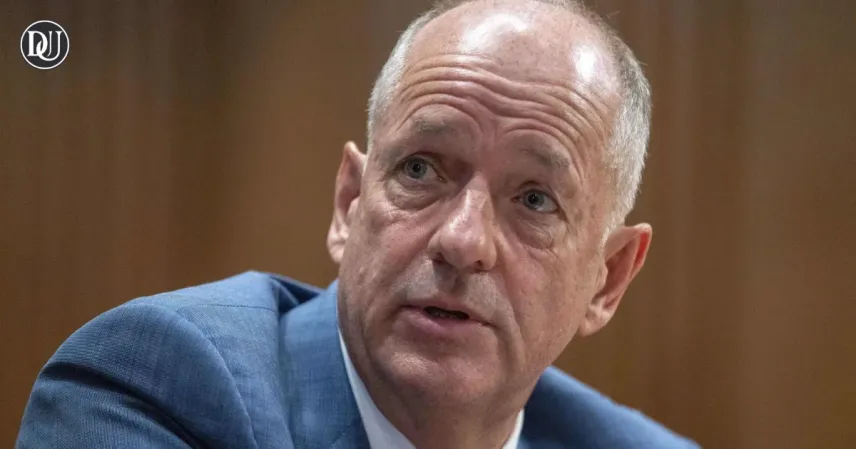In a surprising move, UnitedHealth Group's CEO, Andrew Witty, has resigned, citing personal reasons. His sudden departure comes at a time when the company is facing multiple challenges, including soaring medical costs, a significant data breach, and the tragic loss of a key executive. With Witty stepping down, Stephen Hemsley, who previously led the company, has returned to guide the organization through this tumultuous period.
A Sudden Leadership Shift
Andrew Witty, who had been leading UnitedHealth since 2021, made a sudden exit, leaving the company in a state of uncertainty. His resignation follows a series of ongoing struggles that have tested the company's stability. Stephen Hemsley, who served as CEO from 2006 to 2017, has been brought back to steer UnitedHealth through these turbulent times.
Financial Forecasts in Uncertainty
Along with leadership changes, UnitedHealth has suspended its financial outlook for 2025. The company attributes this to higher-than-expected medical expenses, particularly in its Medicare Advantage division. This decision has raised concerns among investors and analysts, who are now closely watching the company’s financial recovery.
A Year of Difficulties
UnitedHealth has endured a particularly challenging year. In December 2024, Brian Thompson, CEO of UnitedHealthcare, was tragically murdered in New York. This incident sent shockwaves through the company and the healthcare sector. On top of that, a cyberattack in February 2024 on Change Healthcare, a tech unit of UnitedHealth, compromised the personal data of 190 million people. This breach has led to ongoing investigations and is projected to cost the company around $1.6 billion in 2024 alone. These setbacks have made it even harder for the company to regain stability.
Increased Regulatory Challenges
UnitedHealth is also facing heightened regulatory scrutiny. The U.S. Department of Justice is investigating a $3.3 billion acquisition, while the Federal Trade Commission has filed lawsuits over the company’s insulin pricing practices. These legal issues are adding even more complexity to the company’s efforts to recover and move forward.
A Path Toward Recovery
Despite these challenges, there is a glimmer of hope for UnitedHealth. Under Stephen Hemsley’s leadership, the company is determined to stabilize its operations and rebuild investor confidence. Hemsley’s previous tenure was marked by significant growth, and his return is seen as a reassuring factor during this crisis. UnitedHealth is committed to improving healthcare services and collaborating with policymakers to address these pressing issues, signaling a proactive approach to overcoming its current difficulties.










